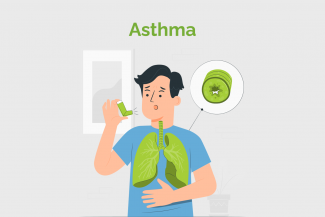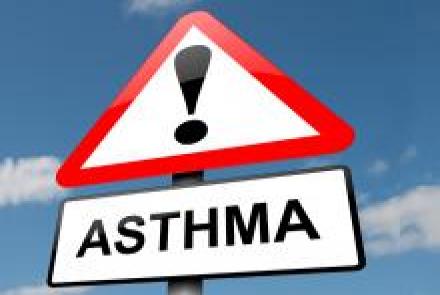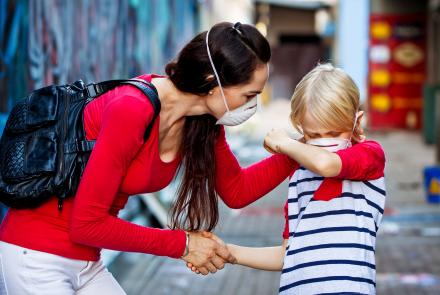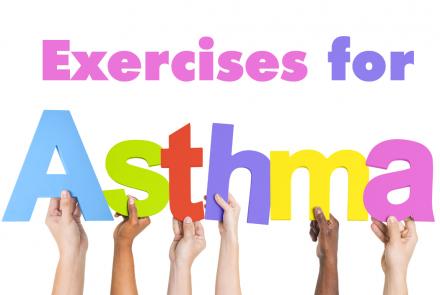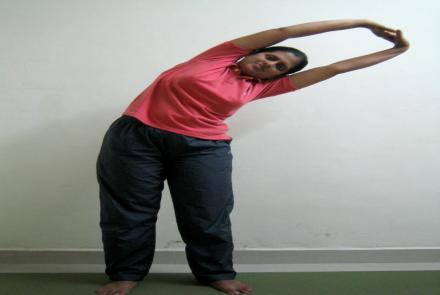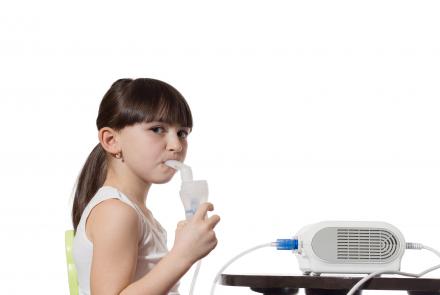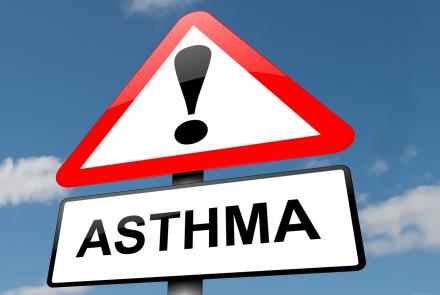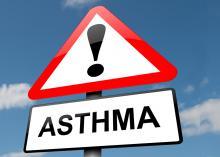
Can it be prevented?
Take these steps to ensure you keep asthma away as much as possible.
• Take the prescribed medicines regularly.
• Visit your doctor regularly for check-ups.
• Make sure you keep your inhaler with you and are using it properly.
• Use a home peak flow meter to measure how well air is flowing through your lungs. It can also stop prevent an attack.
• Avoid all known triggers whenever possible. Beware of seasonal triggers such as cold air, pollen count, air pollution etc.
• Avoid first and second-hand smoking! Other sources of indoor smoke should also be avoided, these can include incense, dhoop, camphor and candles. Outdoor exposure to fireworks, fires and traffic fumes directly onto the face should be avoided. Wear a mask to prevent inhalation of such smoke in unavoidable situations. Avoid sprays and foggers.
• Keep your living, travelling and working area (i.e. home, car and office) clean and allergen-free. Daily mopping, regular vacuuming of carpets/flooring and dusting are essential. Avoid sweeping of floor with a broom(jadu) as this recirculates the dust back in the air. Wash bed linens, towels and clothes with hot water.
• Keep home pest free. Get timely pest control done. If you own a pet, get the necessary vaccination, tick/flea guards and grooming done regularly.
• Practice relaxation and deep breathing exercises to build lung capacity!
• Reduce unwanted weight for a healthier form. Get some exercise to improve cardiopulmonary health.
• Avoid contact with persons who may have respiratory infection even colds and flu. Take your flu vaccinations every year. If you are above the age of 65, get your pneumococcal vaccination as scheduled.
We can also avoid the triggers for an asthma attack once we have identified them. Read this to understand more http://www.patientsengage.com/conditions/asthma/causes-risk-factors

